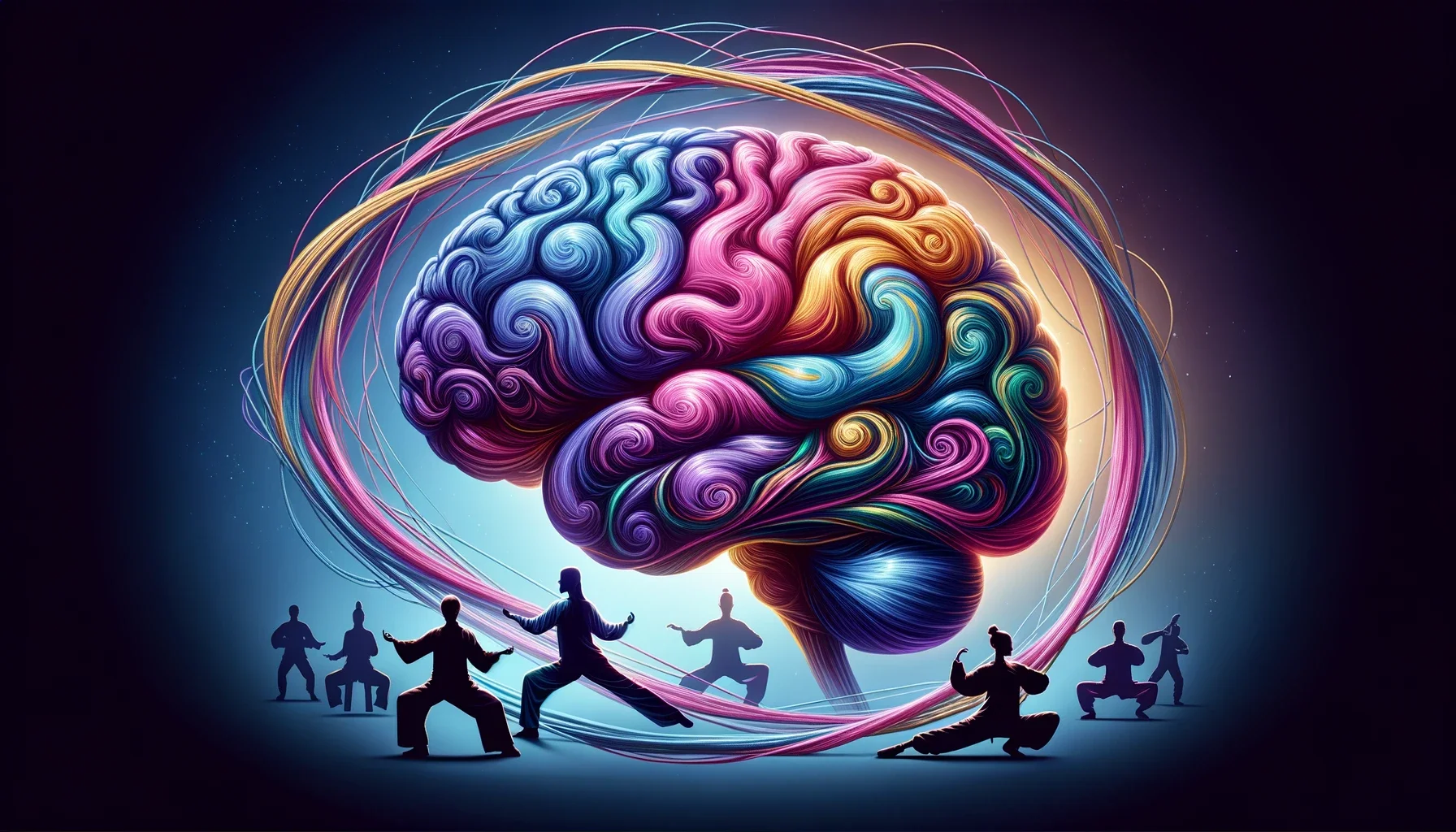Here’s How to Overcome Depression
The first-hand information you need before getting to know how to overcome depression is that, depression can be serious and can change the lives and well-being of those affected.
According to the Anxiety and Depression Association of America, depression affects about 15 million Americans each year. In some cases, you can prevent depression even if you have had it before.
What is depression?
Depression is categorized as a mood disorder. About 8.1% of American adults over the age of 20 are estimated to have experienced depression during his two weeks between 2013 and 2016, according to reliable sources from the Centers for Disease Control and Prevention (CDC).
For some it affects their work and productivity, while for others it breaks up their relationships and causes health problems.
Other chronic factors that increase the risk of depression include:
1. Arthritis
Depression is considered a serious medical condition that can get worse without proper treatment. People who seek treatment for depression often feel better within a few weeks.
14 ways to avoid and how to overcome depression
There are many lifestyle changes and stress management techniques that can be used to prevent or avoid or overcome depression today. Best techniques include:
Exercise regularly
Regular exercise is one of the best things one can do for mental health. According to the Mayo Clinic, exercise can help treat and prevent and overcome depression in several important ways.
Regular exercise raises body temperature and calms the central nervous system.
It releases chemicals such as endorphins that can improve your mood. Lowers immune system chemicals that can exacerbate depression.
All forms of exercise can help treat depression, but regular exercise is best. To get more exercise you can:
1. Join a sports team or gym (like yoga or kickboxing) to not only stay active, but also be part of the community.
- Please use the stairs instead of the elevator. Make it a habit. This is the best way to maintain a level of fitness that is most effective in preventing and overcoming depression.
Reduce time on social media
Studies show that increased social media use can cause or contribute to depression and low self-esteem. Social media is addictive and can limit your ability to connect with family, friends, and even colleagues.
Limiting your time on social media can help prevent depression. If you are about how to overcome depression, this can be done by:
1. Remove all social apps from your phone.
- Use site blocking extensions that allow you to use certain websites only during certain hours.
- Use social media purposefully and avoid logging in multiple times a day just to do something.
Build strong relationships
A strong support system and an active social life are important for mental health. Research shows that “adequate” social support can also protect against depression.
Try to keep in regular contact with friends and family, even when you’re busy. Attending social events whenever possible and discovering new interests can help you meet new people and form new relationships.
Minimize daily choices
Have you ever been to an amusement park and been overwhelmed by what you wanted to do first? Too many choices can actually cause or lead to significant stress and lead to depression, researchers say.
Psychologist Barry Schwartz, author of The Paradox of Choice, believes that when faced with so many choices, people want to make the best possible choice (the “maximizer”) and may experience depression. I’m talking about studies that show you can get taller.
For many of us, our lives are full of choices. What clothes do we wear, should you buy yogurt, eggs, bagels, English muffins, or hot dogs for breakfast? Pressure to make right or wrong decisions is thought to cause depression.
Stress relief
Chronic stress is one of the most common preventable causes of depression. Learning how to manage stress is quite essential for optimal mental health. To manage stress, you ought to:
1. Don’t delegate too much.
- Practice mindfulness or meditation.
- Learn to let things happen that you cannot control.
Maintain treatment plan
If he’s had/done episode of depression, chances are good he’ll have another. Therefore, it is very important to stick to the treatment plan. Keep taking your prescription drugs and never stop abruptly.
See a therapist regularly, even when you are in remission. Continue to practice the strategies and coping mechanisms your therapist taught you.
Sleep well
Adequate sleep is necessary for physical and mental health. For better sleep:
1. Don’t look at screens (including mobile phones) two hours before bedtime.
- Meditate before going to bed
- Please use a comfortable mattress.
- Avoid caffeine after lunch.
Stay away from people who make you feel bad
We have all met someone who has offended us. They can be outright bullies, or they can subtly piss us off to make them feel better.
You may even be the one taking advantage of us. Avoid these people at all costs, no matter the circumstances. They can lower our self-esteem.
A 2012 study found that negative social interactions were associated with higher levels of two of her proteins called cytokines. These two proteins are associated with both inflammation and depression. To avoid being offended, you should:
1. Stay away from people who make you feel bad.
- Remove those who take advantage of you from your life.
- If someone spreads rumors or gossips right after they leave the room, chances are they will do the same to you.
Eat well
Recent studies have shown that regular high-fat diets can have similar effects on the development of depression as chronic stress. It can also deprive the body of important nutrients it needs to maintain mental health.
To prevent and know how to overcome depression with diet, you should:
1. Eat plenty off fruits, vegetables, and balanced meals.
- Reduce sugar and fatty foods.
- Eliminate processed foods from your diet as much as possible.
- Get more omega-3 fatty acids into your diet with foods like salmon and nuts.
Maintain a moderate weight
Obesity can lead to lower self-esteem, especially when you start accepting the judgments and criticisms of others. According to the Centers for Disease Control and Prevention, there is a clear link between obesity and depression.
A national survey found that 43% of depressed adults were obese. Additionally, adults with depression are more likely to be obese than adults without depression.
If you exercise regularly, get enough sleep, and eat well, maintaining a healthy weight is a must.
Treatment of chronic diseases
People with chronic medical conditions are also at increased risk of depression. Chronic diseases cannot be avoided, but they can often be treated. You should:
1. Call your doctor if your condition or symptoms worsen.
- Follow your doctor’s treatment plan carefully.
- Make medications and lifestyle changes as recommended.
Read the side effects of prescription drugs
Some different prescription medications can cause depression as a side effect. Read labels carefully before taking. Talk to your doctor to see if other medications and treatments can help your symptoms without causing depression as a side effect.
Some drugs that can cause depression are:
1. Hormones such as birth control pills; beta blockers; corticosteroids; anticonvulsants.
Minimize alcohol and drug use
Excessive alcohol consumption and drug use not only increases the risk of depression, but also increases the risk of depression recurrence. Limit alcohol use and eliminate drug use as safely as possible.
Since it can be difficult to limit alcohol consumption in some social settings, you can:
During happy hour, order an aperitif instead of a drink. Plan a non-alcoholic event and invite your friends.
Quit smoking
Smoking and depression may reinforce each other, although each nicotine may have depressive effects. There are several ways to quit smoking.
Focus on your reasons for quitting and remind yourself every time you are tempted. Know in advance what to expect.
Tell your friends and ask them to hold you accountable. Finish at the same time as your friends.
Anxiety and an Anxiety disorder
Anxiety and an Anxiety disorder
References
nimh.nih.gov/health/publications/chronic-illness-mental-health/index.shtml Depression and obesity in the U.S. adult household population, 2005-2010.

A graduate of Computer Science and Information Management Technology. Diploma – Caregiving, Certificates – Dementia and Diabetes Awareness and Management. A researcher, blogger, songwriter, singer and acoustic guitarist. Born in an environment where natural talents such as healing are imparted at our natural birth. This natural talents of healing is the result of our genetic inheritance and the training from family environment.



















